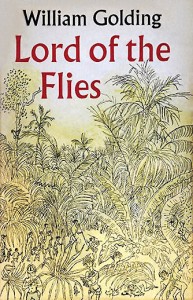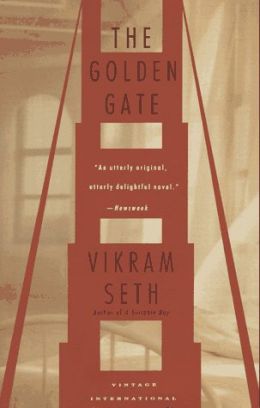So many brilliant men and women have practiced the art of storytelling over the many past centuries that it has become, as I imagine, very difficult to tell a story and tell it in a fashion which is uniquely new and refreshing. Midnight's Children comes as close as any other to pulling off this nearly impossible task. It's an inspired book, as tired old reviewers looking for adequate superlatives and failing to find them would say, a towering achievement of a singular intellect. It is the story of Saleem who was born at the stroke of India's independence and whose destiny, as it were, becomes intricately tied to the destiny of India itself through the coincidence of his birth. In his quest for painting a rich tapestry, Rushdie draws amply and resourcefully from the truncated din that India is. He delves deep into her many zany characters, her tryst with her imagined predestined glory, her pottering and graceless fumbles as she marches unflatteringly towards it.
The story is a first person narrative of Saleem who happens to be an unreliable narrator. He looks back at his own life and manages to connect the course of its evolution to the destiny of the nation in which he was born. He sees in his personal ups and downs, victories and failings, the flows and ebbs of India. He believes in his imagination to such an extent that national history becomes nothing more than an imitation, albeit on a much larger scale, of his own little story. Tolstoy wrote War and Peace primarily as a critique of the traditional method of doing history where only the important sounding events are treated as if they had a force of inevitability devoid of individual desires and mistakes. History, as it turns out, can be traced back to insignificant events and petty little personal motivations. Saleem is the culmination of this alternative historical vision. He knows that it is possible to view history in a different way and has the madness and imagination to do justice to this vision. What we have then is a book like no other (none in my experience at least). A story which spans, often within the same sentence, the most intricate personal details and the most grandiose public ones connected together with the tenuous neuronal connections of a man who may or may not be clinically deranged. The style, if I may make the comparison, is distinctly un-Joycean. Ulysses and this book lie at two extremes of a particular kind of spectrum. While the former is a stunning treatment of locality, small spaces, personal anecdotes, and limitations of time, Midnight's children is an amazing exercise in the vast scales of time, space, and imagination. It is written within the same sort of magical framework as Murakami's Kafka on the shore but while the latter fails miserably as a good and coherent work, MC succeeds admirably. It has a disjointed logic of its own but that logic has discernible laws for its operation. It's book where the supernatural is not used to disguise the paucity of talent of its author.

